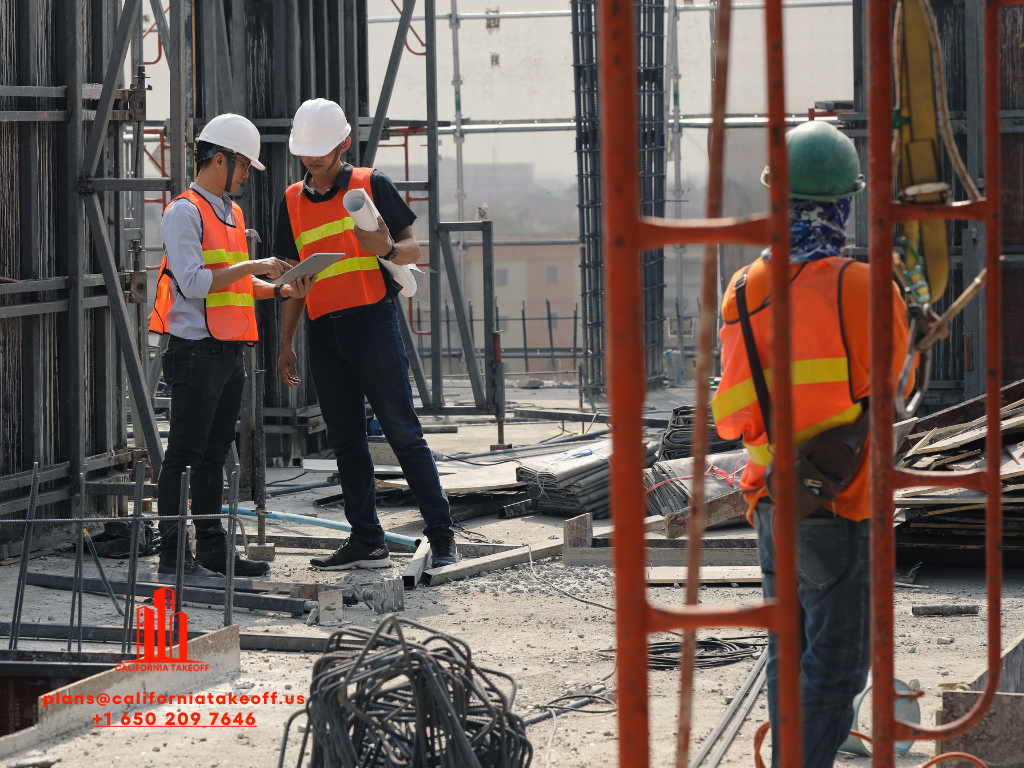Why Progress Tracking is Important for Construction Companies
In the dynamic and intricate world of construction, progress tracking stands as a cornerstone for success. It involves systematically monitoring, evaluating, and documenting the advancements made in a construction project.
1- Enhancing Project Management:
a. Progress tracking enables construction companies to effectively manage projects by providing real-time insights into project status, resource allocation, and timelines.
b. It helps project managers identify potential delays, bottlenecks, and areas requiring immediate attention, allowing for proactive problem-solving and risk mitigation.
c. By facilitating better communication and coordination among stakeholders, progress tracking minimizes misunderstandings and promotes collaboration, thus streamlining project management processes.
2- Optimizing Resource Allocation:
a. Through progress tracking, construction companies can monitor the utilization of resources such as materials, equipment, and labor, ensuring optimal allocation and minimizing wastage.
b. By accurately tracking resource usage against project milestones, companies can identify inefficiencies, prevent overallocation or underutilization of resources, and make informed decisions to optimize resource deployment.
3- Ensuring Budget Adherence:
a. Progress tracking plays a pivotal role in maintaining budgetary control throughout the construction project lifecycle.
b. By monitoring expenditures against planned budgets, construction companies can identify cost overruns, implement corrective measures, and prevent financial discrepancies that could jeopardize project profitability.
c. Accurate progress tracking allows for better forecasting of project costs, enabling companies to allocate funds appropriately and avoid budgetary constraints that may impede project progress.
4- Quality Control and Compliance:
a. Progress tracking facilitates adherence to quality standards and regulatory requirements by monitoring the implementation of quality control measures and compliance with building codes and regulations.
b. It enables construction companies to track the completion of inspections, certifications, and approvals at various stages of the project, ensuring that construction activities meet specified standards and regulatory obligations.
c. By identifying deviations from quality standards early on, progress tracking empowers companies to take corrective actions promptly, thereby enhancing the overall quality and safety of the constructed assets.
5- Stakeholder Transparency and Accountability:
a. Transparent progress tracking fosters trust and accountability among project stakeholders, including clients, investors, subcontractors, and regulatory bodies.
b. By providing stakeholders with access to real-time progress data and performance metrics, construction companies demonstrate transparency and commitment to project objectives, fostering positive relationships and minimizing disputes.
c. Moreover, progress tracking enables companies to hold stakeholders accountable for their respective roles and responsibilities, ensuring alignment with project timelines, quality standards, and contractual obligations.
6- Leveraging Technology and Tools:
a. Construction companies can harness a myriad of technological solutions and tools to streamline progress tracking processes and enhance efficiency.
b. Project management software, Building Information Modeling (BIM) platforms, drones, GPS tracking systems, and IoT sensors are among the cutting-edge technologies that enable real-time monitoring and data collection, facilitating comprehensive progress tracking.
c. These tools empower construction companies to automate data capture, generate actionable insights, and improve decision-making, thereby optimizing project performance and competitiveness in the industry.
Conclusion:
In the fast-paced and demanding landscape of construction, progress tracking emerges as a linchpin for success, enabling companies to navigate challenges, optimize resources, and deliver projects with precision and excellence. By embracing progress tracking as a strategic imperative, California takeoff is best construction company which enhance project management, ensure budget adherence, uphold quality standards, foster stakeholder trust, and leverage technological innovations to stay ahead in an increasingly competitive market. As the construction industry continues to evolve, the significance of progress tracking will only grow, underscoring its indispensable role in driving efficiency, productivity, and success in construction projects.




